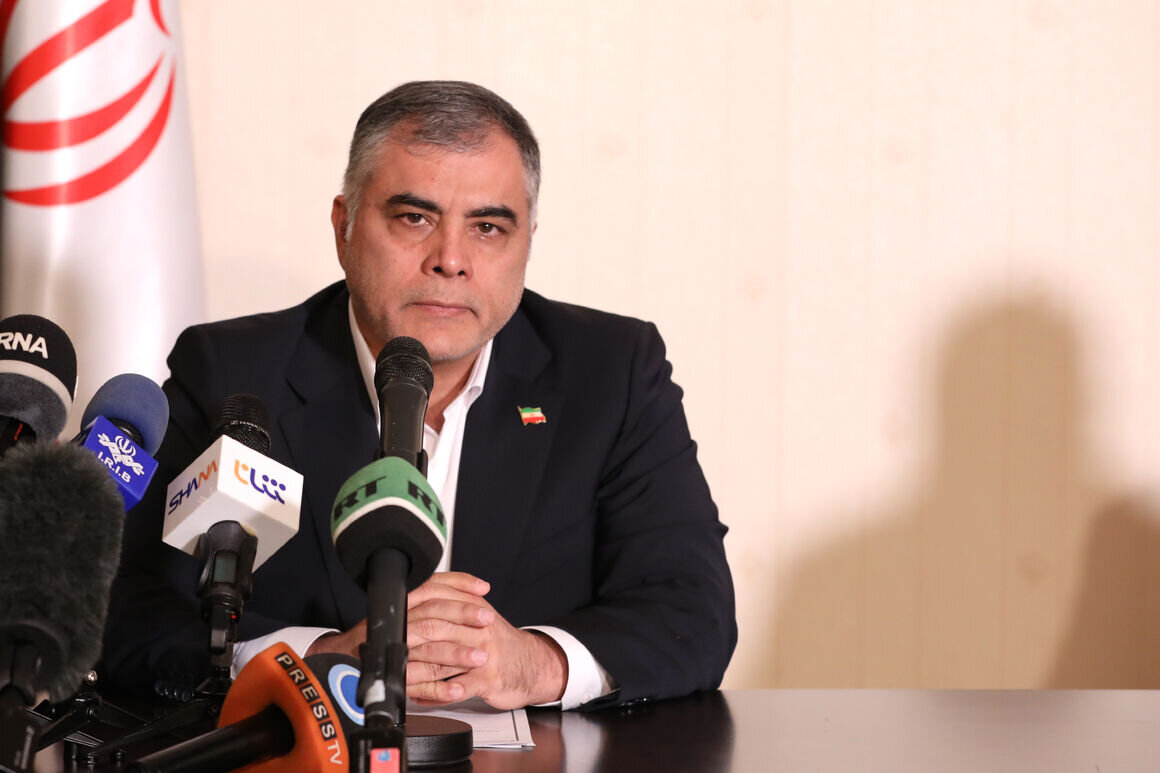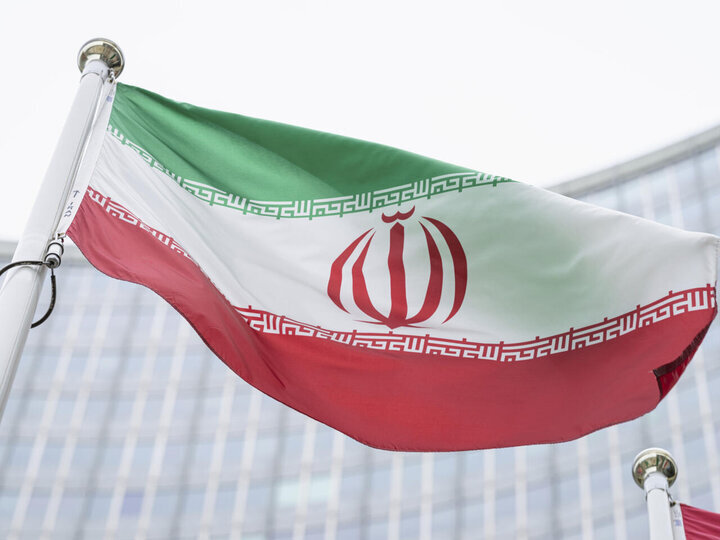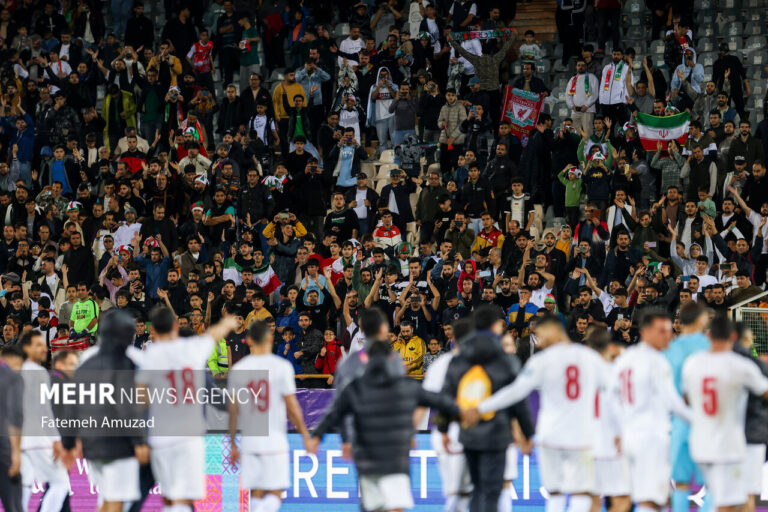US Maximum Pressure on Iran: A Failed Experiment, Says Minister
In a recent press conference, Iran’s oil minister, Mohsen Paknejad, addressed the ongoing effects of US maximum pressure policies on the country’s oil sector. He emphasized that necessary plans to neutralize sanctions have been effectively implemented, showcasing Iran’s resilience in the face of adversity.
During the Cabinet meeting on Wednesday, Paknejad highlighted several key points regarding Iran’s crude oil sales and international collaborations:
- Crude Oil Sales Diversification: The minister noted that adequate diversification in the country’s crude oil sales portfolio has been achieved, although he refrained from sharing specific details.
- Response to Babak Zanjani: When asked about the controversial figure Babak Zanjani, who has expressed intentions to reclaim his assets from the National Iranian Oil Company, Paknejad stated, “He should be asked about that himself. He certainly has sufficient information, but what is certain is that the judiciary’s ruling is final, and we must comply.”
- International Oil Exhibition: Discussing the 29th International Oil, Gas, Refining, and Petrochemical Exhibition, Paknejad remarked that the overwhelming turnout reflects Iran’s capability to meet industry demands through domestic resources.
- Iran-Russia Cooperation: On the recent meeting of the Iran-Russia Joint Economic Cooperation Commission in Moscow, Paknejad shared that expert-level discussions took place over several days, leading to a significant agreement with the Russian energy minister. This agreement aims to enhance cooperation in multiple sectors including oil, gas, transportation, finance, banking, and trade.
- Gasoline Prices: Addressing concerns over gasoline pricing, Paknejad denied any immediate plans for an increase. He explained that a resolution permits the importation of premium gasoline, with pricing determined by volume and final costs, which are currently under review by the Economy Ministry’s Deregulation and Supervision Board.
Paknejad’s insights reveal a proactive approach taken by Iran to navigate through the complexities of international sanctions. His comments reflect a commitment to enhancing domestic capabilities while fostering international partnerships that could play a crucial role in the future of Iran’s energy sector.
As the world watches, Iran continues to adapt its strategies in response to external pressures. The minister’s remarks illustrate a balanced approach that combines safeguarding national interests with the pursuit of cooperative ventures that could strengthen the economy.
In conclusion, the challenges posed by US maximum pressure policies have prompted Iran to rethink its strategies in the oil sector. By diversifying its crude oil sales and pursuing international collaborations, Iran is positioning itself to mitigate the impacts of sanctions effectively. With ongoing developments in domestic production and international agreements, the future of Iran’s oil industry appears to be on a path of resilience and growth.






